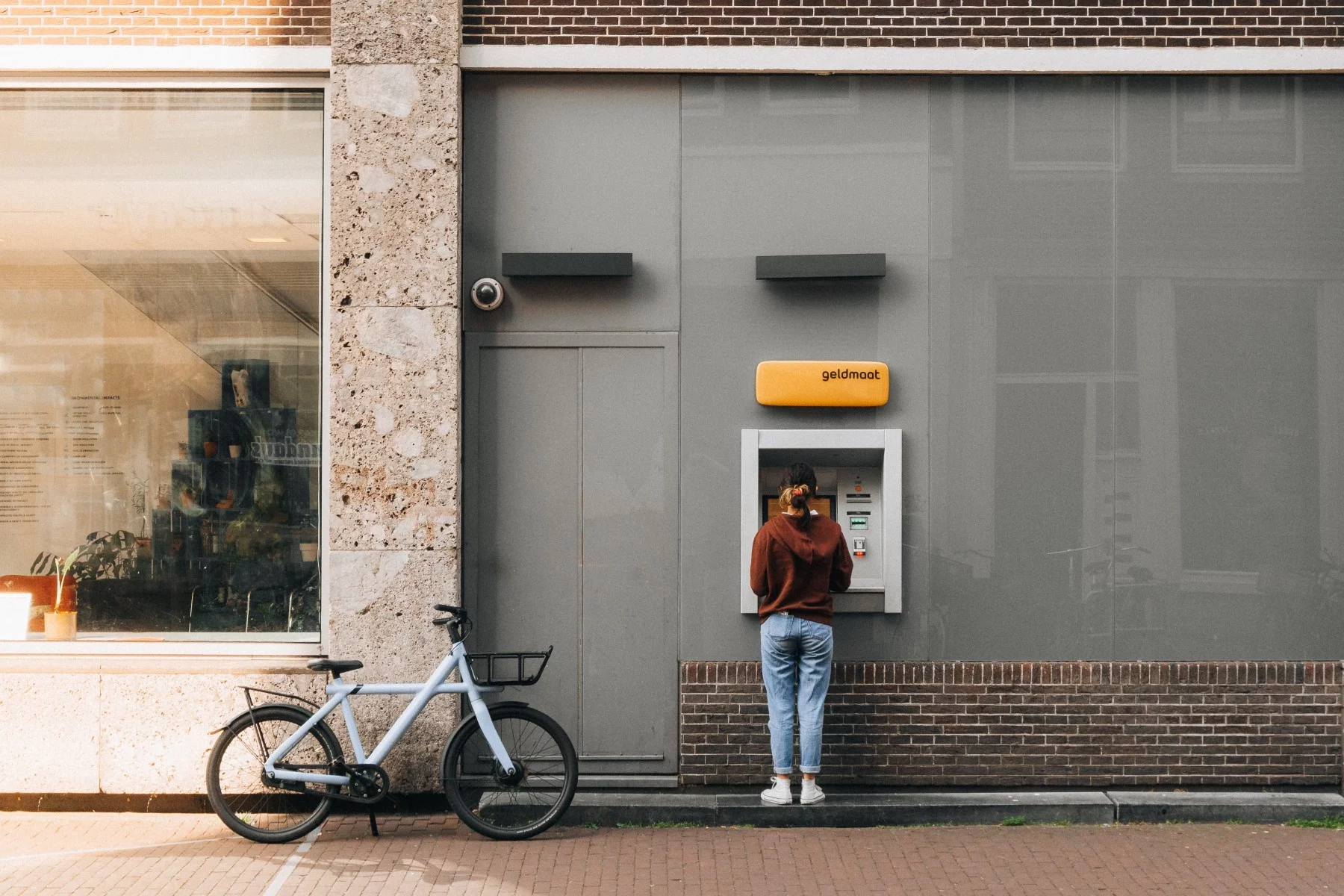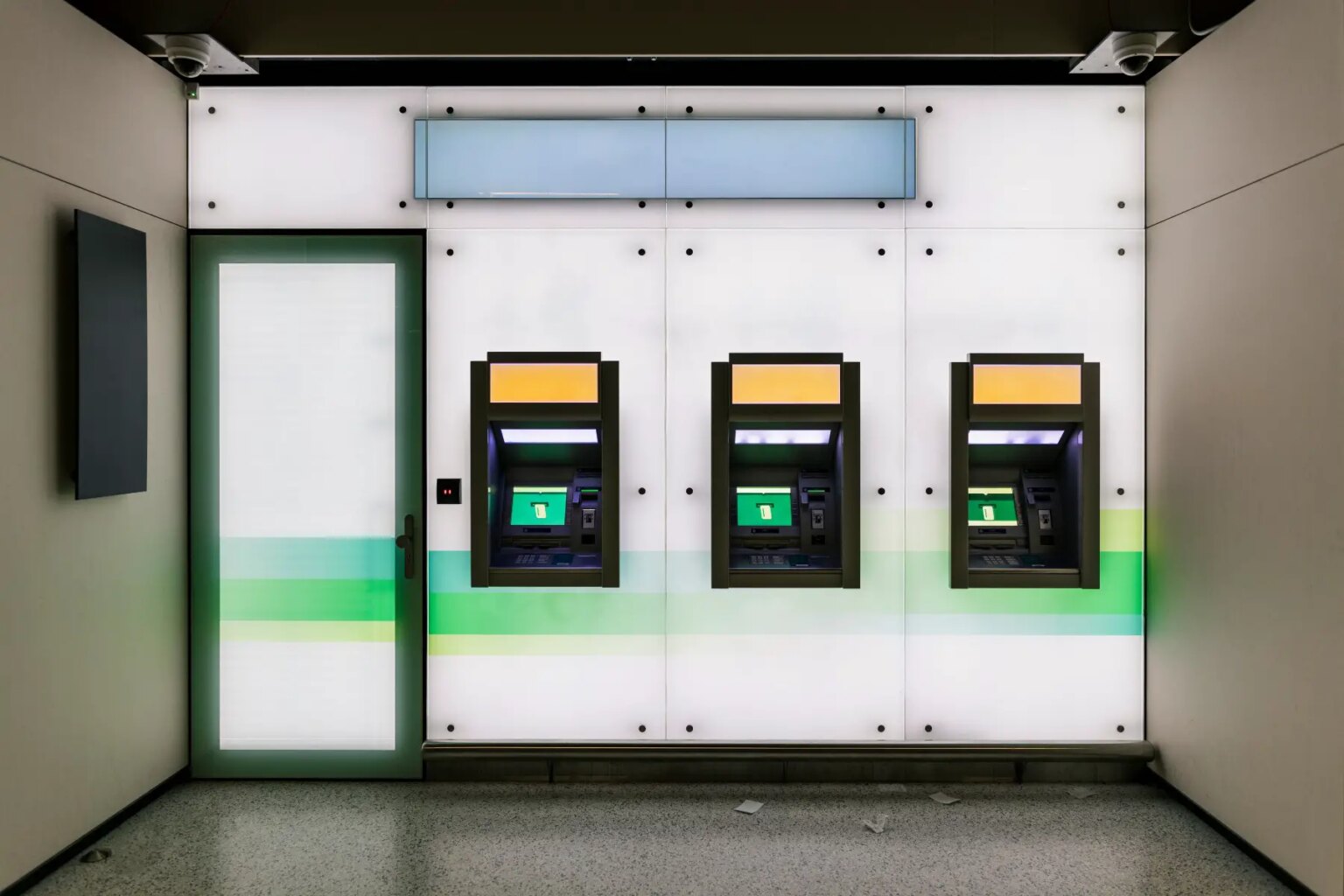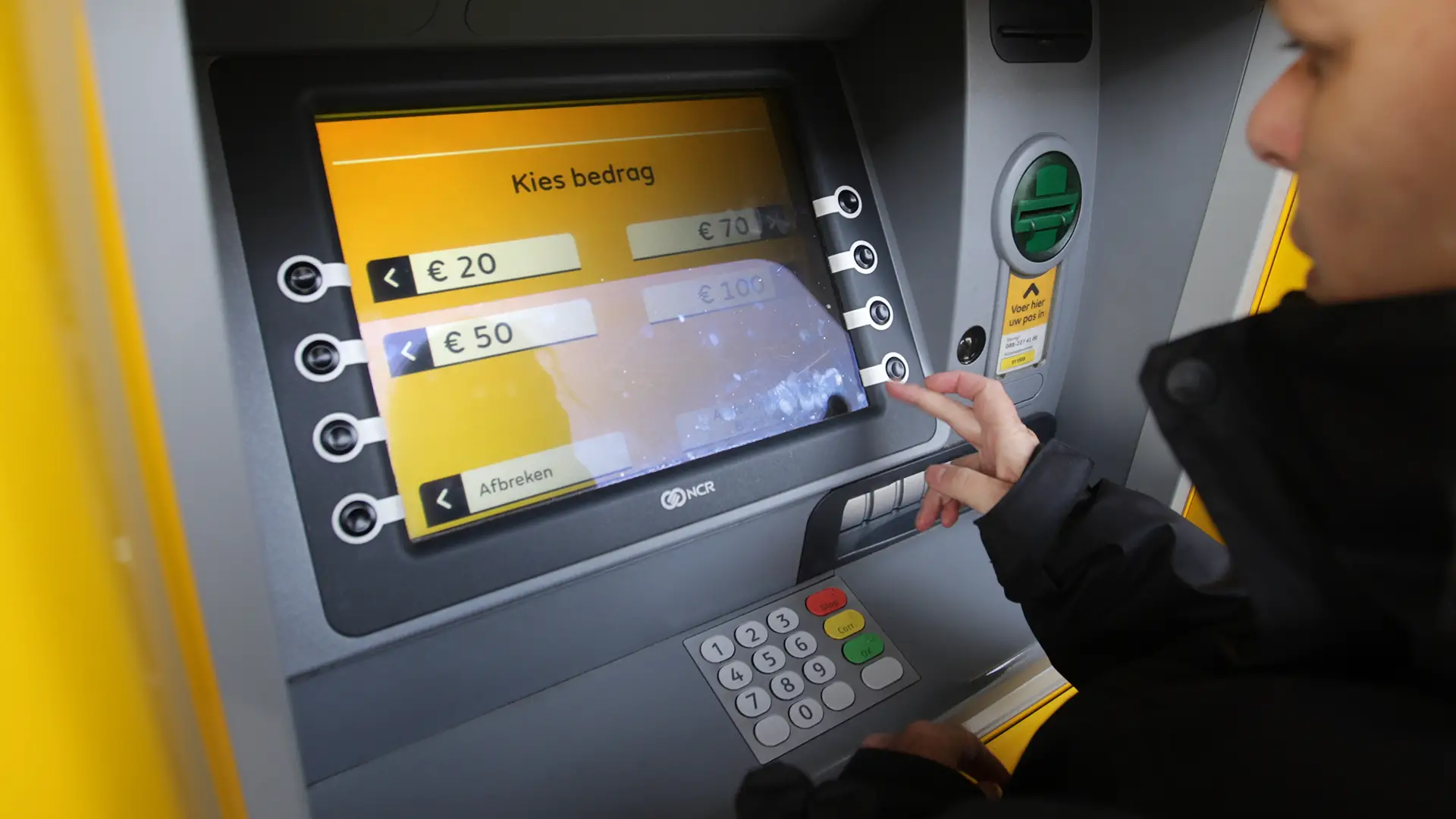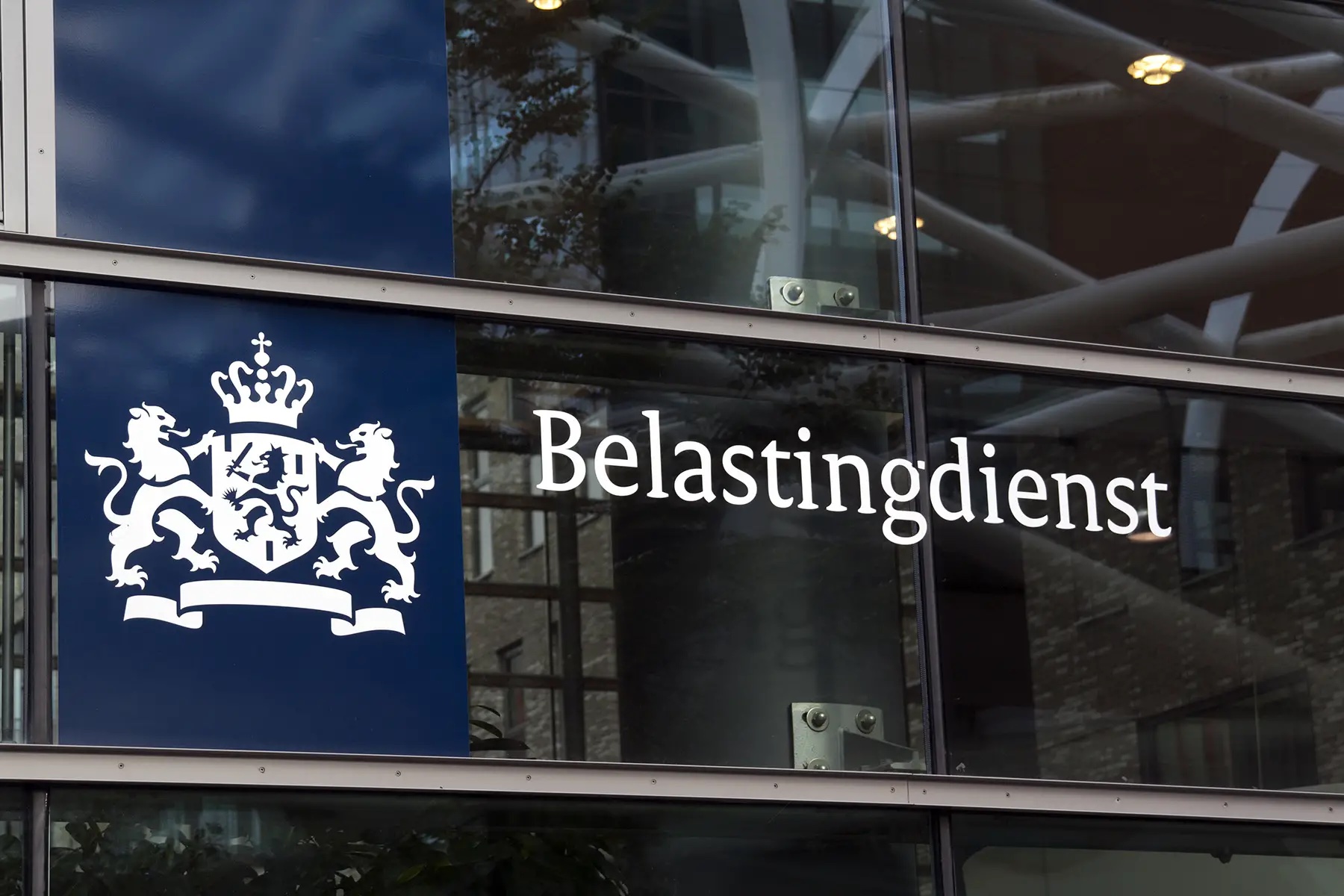Most people will have to take out a loan at some point in their life, and expats are no exception. There are several possibilities for borrowing money in the Netherlands.
Learn more about the available loans, the requirements, and the consequences of defaulting on payments with the following:
- Loans in the Netherlands
- Where can you get a loan?
- Types of loans in the Netherlands
- Applying for a loan
- Mortgage loans in the Netherlands
- Loans for sustainable households
- Student financing loans
- Business loans in the Netherlands
- What if you can’t repay your loan
- Conclusion
- FAQ – Frequently asked questions
- Useful resources
ABN AMRO
Are you looking for a personal loan in the Netherlands? With ABN AMRO, you can arrange everything online from start to finish, from calculating your loan to getting the money, all in English. Whether buying a car, fixing up your house, or making another major purchase, contact ABN AMRO today to get started.
Loans in the Netherlands
Generally speaking, the Dutch are averse to debt. People prefer to save up for something rather than spend money they don’t have.

Nevertheless, almost half of the Netherlands’ population (in Dutch) has accrued debt. On average, Dutch people borrow small amounts of money, between €11,500 and €15,000.
In 2021, lenders used loans to:
- Finance a car (30.45%),
- Home renovation (14.86%)
- Paying off debt (9.43%)
- Something else (31.89%)
Real estate is the one area where the Dutch are willing to take on massive amounts of debt. Over 60% of Dutch people have a mortgage, which is more than in any other European country.
The adversity towards debt is also why the Dutch don’t usually pay with bank credit cards. In 2021, there were only 6.28 million credit cards in circulation, compared to 31,7 million debit cards. Many stores, bars, and restaurants in the Netherlands only accept payment in cash or debit. They tend to refuse payment with MasterCard, Visa, or American Express cards.
Where can you get a loan?
Loans are primarily available through banks and credit providers. Interest rates and policies vary, so it is important to do research before securing a loan.
The largest traditional and online banks in the Netherlands include:
Dutch credit providers include:
In addition to traditional lenders, expats should also consider specialised financial services that can complement their loan needs. For international money transfers related to loans, services like Wise offer transfers at the mid-market exchange rate with a fee structure that’s displayed upfront before confirming your transaction.
Types of loans in the Netherlands
Typically, loans can be for business and personal purposes. Companies obtain business loans to finance real estate, stock, and expansion. Individuals take out personal loans and include personal credit, student loans, car loans, and mortgages.

There are several kinds of personal loans in the Netherlands, such as:
- Revolving credit – a loan where you agree on a specific withdrawal limit, with interest
- Overdraft – you’re allowed some credit after your bank balance is zero
- Leasing – some stores allow you to pay for a product in installments (e.g., cars, mobile phones, TV, and home appliances). Even with low amounts, you must pay interest.
- Credit card – a card that allows you to buy products or services using credit (repayments include interest)
- Loyalty cards – store-issued credit cards
- Mini loans – also known as flash credit, these are small amounts that need to be repaid quickly (e.g., pay with Klarna)
- Pawning – pawnshops will lend you money using items such as jewelry as collateral. The pawnshop can sell the item if you don’t return the money in time.
- Advance securities – similar to pawning items, you can use financial assets as collateral to get credit
Applying for a loan
Requirements
In the Netherlands, you can borrow money when you are older than 18. However, some banks require you to be over 21. Other criteria include:
- Valid passport or ID card
- Proof of residency
- A secure income
- Positive credit history with the Dutch credit bureau (Bureau Krediet Registratie – BKR)
Expats often need to provide Dutch income statements going back three years of employment or self-employment and a copy of their permanent residence card.
Wise account
Are you an expat or thinking of moving to the Netherlands? Managing your money across borders shouldn’t be complicated. With a Wise account, you can hold over 40 currencies and pay with a Wise debit card in more than 150 countries. Whether you need to spend abroad, receive or send money home, Wise can help make international money management simpler.
How to get a loan
Which documents you need to provide depends on the bank or credit company. Usually, these include:
- Valid passport or ID card
- Dutch residence permit
- Most recent income statement
- Employment contract
- Proof of marital status (i.e., single, married, divorced, in a registered partnership)
- If you are divorced, the divorce covenant, order, parenting plan, child benefits
- If applicable, proof of state pension, (pre-)pension, QROPS, early retirement, or social security
- If applicable, details of any outstanding loans
- If applicable, your life insurance or disability insurance policies
Note that banks cannot keep your burgerservicenummer (BSN) on file unless explicitly stated.
If you need to transfer funds from overseas accounts for your loan deposit, consider researching specialised money transfer services. Wise, for example, offers transfers at the mid-market exchange rate with a transparent fee structure for sending money to or from the Netherlands.
What are the costs?
Because of fixed interest rates, you only pay the costs as clearly stated in the contract.

Interest rates and administration fees vary between bank and loan (e.g., 6– 0%). You can compare the available loans with this comparison tool.
Mortgage loans in the Netherlands
Amsterdam is the third most expensive city in Europe to rent a property, after London and Paris. Rental prices in the rest of the Netherlands are also undoubtedly high. So, for many people, it makes more financial sense to purchase a home. Banks offer mortgages that cover up to 100% of the price, and property and mortgage interests are usually tax-deductible.
Mortgage loans often have fixed interest for a particular period. This can be two years, five years, 10 years, or 30 years. You can calculate your loan with this mortgage calculator.
For expats bringing funds from abroad for a down payment, it’s worth comparing different options for transferring your money. When making international transfers, Wise offers the mid-market exchange rate with a transparent fee structure. This transparency can help you understand exactly how much of your money will arrive for your down payment.
Be aware that banks can refuse your loan application before you make an offer on a house. Usually, they prefer to lend to applicants with a permanent employment contract and who have lived in the Netherlands for a certain amount of time (which varies per bank).
It’s a good idea to get expert advice when looking for a mortgage. Most banks have mortgage advisers available, but there are also plenty of companies with professionals who specialize in assisting expats, such as Klår Finance.
Loans for sustainable households
In the race to reduce the country’s greenhouse gas emissions by 95% by 2050, the Dutch government is offering incentives to homeowners who want to make their houses more sustainable. These include:
- 0% VAT on solar panels
- Subsidy for sustainable energy for an owner-occupied home (Investeringssubsidie Duurzame Energie – ISDE)
- Loans for energy-saving facilities
- Discount on energy-efficient homes
- Discount on zero meter reading homes
Student financing loans
The student loan system (leenstelsel) falls under the guise of the government’s student financing grants. The system will be abolished and replaced in the 2023–2024 academic year.

The student financing grants include:
- Basic grant (basisbeurs) – a grant to pay for your studies
- Additional grant (aanvullende beurs) – a supplementary grant when your parent(s) don’t earn enough to support you
- Student OV chip card (studentenreisproduct) – this chipcard allows free travel with public transport
- Option to get a cheap loan – students can borrow extra money with very low-interest rates
The basic grant is only available for students in the secondary school stream of Vocational Education and Training (middelbaar beroepsonderwijs – MBO). If you are pursuing an HBO or university degree, you will not receive the basic grant.
Students are required to pay back the costs of the additional grant, student OV chip card, and any loans they take out.
Only Dutch students or people with a residence permit type II, III, IV, or V qualify automatically for the student grants. If you study in the Netherlands on a student visa, you might also qualify if you meet the requirements.
Business loans in the Netherlands
The Netherlands is a thriving business hub. You can start a company by acquiring a loan from banks and private investors, or manage funding through leasing and overdraft.
For businesses operating internationally, managing cross-border finances efficiently is an important consideration. Wise Business accounts allow companies to hold and exchange multiple currencies at the mid-market exchange rate, which can be useful when managing international business loans, paying overseas suppliers, or receiving payments from international clients.

Some businesses can qualify for small to medium enterprise loans (SME) or midden-en kleinbedrijf krediet (MKB) in Dutch, from the government. Companies that serve a particular region of the Netherlands can apply for a loan from a Regional Development Agency.
In 2021, most companies used business loans for:
- Covering the losses of the Covid-19 pandemic (23%)
- Expansion (13%)
- Paying for stock or employees (13%)
- Financing cars (13%)
What if you can’t repay your loan
Some people choose to transfer their loan (lening oversluiten) to another creditor to pay off the first loan. If you take this route, you should do it while you can still repay the debts.
However, if you’re struggling to repay the loan or defaulting, you must contact your credit provider immediately. They will likely offer you a payment plan.

If you still cannot pay off your debt even with the payment plan, you can contact the municipal debt counselor (schuldhulpverlener) for help. They will calculate a more affordable payment plan (minnelijk schuldentraject).
If you still struggle to settle these payments, the next step is to apply for debt restructuring (wettelijke schuldsanering – Wsnp), which has a few requirements. A judge will decide your case. If they rule against it, you have 8 days to file an appeal.
Without the municipal debt counselor or the Wsnp, your creditor can sue and even seize your possessions.
The same process applies when you are unable to pay off a mortgage. However, rather than seizing your possessions, the bank can repossess and sell your house without a judge’s permission.
Conclusion
When navigating the Dutch loan landscape as an expatriate, understanding the various options and requirements is crucial for making informed financial decisions. From personal loans to mortgages, business financing to student loans, the Netherlands offers a structured system that, while sometimes challenging for newcomers, provides clear pathways to secure the funding you need. Remember that Dutch lenders typically prefer applicants with permanent residency, stable income, and positive credit history, so planning ahead and maintaining good financial habits will significantly improve your chances of loan approval.
For expats managing finances across borders, utilising specialised services can streamline the process and provide clarity on costs. Wise offers a solution for transferring funds at the mid-market exchange rate with transparent fees, whether you’re sending a mortgage down payment from your home country, making regular loan repayments from foreign income, or managing business finances internationally. By combining knowledge of the Dutch loan system with efficient international money management tools, expatriates can approach their financial journey in the Netherlands with greater confidence and clarity.
FAQ – Frequently asked questions
How do loan requirements differ for expats versus Dutch citizens?
Expats typically face additional requirements, including longer residency periods, permanent employment contracts, and possibly higher income thresholds. Some lenders may also require a larger down payment or charge higher interest rates for non-permanent residents.
What’s the most cost-effective way to make loan repayments when my income is in a different currency?
If you earn income in a foreign currency but need to make loan repayments in euros, comparing different transfer services may help you find suitable options. Wise provides the mid-market exchange rate with transparent fees for each transaction. For regular repayments, you can also set up recurring transfers to help ensure timely payments.
Useful resources
- Business.gov.nl – Dutch government’s website for business owners in the Netherlands
- Government.nl – Dutch government’s website with useful information about sustainability subsidies
- Duo – Dutch government’s website for more information on student loan financing
- Wise – Online platform for international money transfers at the mid-market exchange rate, useful for expats managing loans across borders











